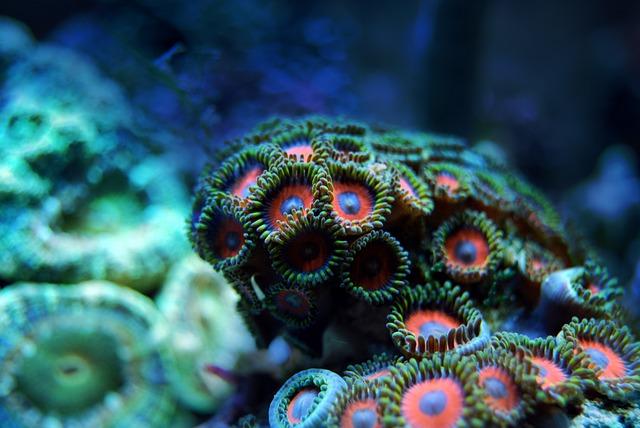- Introduction
- Fresh Data This Week
- Sea Level Rise
- Ocean Acidification
- Marine Pollution
- Conclusion
- FAQs
Introduction
The world's oceans are constantly under threat due to various factors impacting their health and sustainability. In this article, we will delve into the latest fresh data that has been recorded this week regarding important oceanic indicators. From sea level rise to ocean acidification and marine pollution, we will explore the alarming trends and potential consequences of these changes.
Fresh Data This Week
Recent studies have shown a concerning increase in sea surface temperatures around the globe. This rise in temperature can lead to coral bleaching and disrupt marine ecosystems that rely on specific temperature ranges for survival. The warming of the oceans also contributes to the intensification of hurricanes and other extreme weather events, posing a significant risk to coastal communities.

(Image: Pixabay/@Bru-nO)
Additionally, researchers have observed a surge in ocean acidification, primarily caused by the absorption of carbon dioxide from the atmosphere. Acidification poses a serious threat to marine life, especially organisms that rely on calcium carbonate to build their shells and skeletons. These changes in ocean chemistry can have far-reaching implications for the entire marine food web.
Sea Level Rise
Sea levels are rising at an accelerated rate, primarily due to the melting of polar ice caps and glaciers. As a result, low-lying coastal areas are increasingly vulnerable to flooding and erosion. Rising sea levels also threaten vital ecosystems like mangroves and wetlands, which serve as crucial habitats for numerous species.

(Image: Pixabay/@Camera-man)
The implications of sea level rise extend beyond the environment, impacting human populations as well. Coastal cities and communities face the risk of inundation, forcing them to implement costly adaptation measures to protect infrastructure and livelihoods.
Ocean Acidification
Ocean acidification is a direct consequence of increased carbon dioxide emissions, leading to a decrease in pH levels in seawater. This acidification can have detrimental effects on marine organisms, including shellfish, corals, and plankton, disrupting entire ecosystems. Monitoring and addressing ocean acidification are critical to safeguarding the health of our oceans and marine biodiversity.

(Image: Pixabay/@marcelokato)
Efforts to reduce carbon emissions and promote sustainable practices are essential in mitigating the impacts of ocean acidification and preserving the balance of marine ecosystems for future generations.
Marine Pollution
Marine pollution remains a pressing issue, with plastic waste being a significant contributor to the degradation of ocean health. Millions of tons of plastic enter the oceans annually, posing a direct threat to marine life through ingestion and entanglement. Addressing marine pollution requires a multi-faceted approach involving improved waste management, reduction of single-use plastics, and global cooperation.

(Image: Pixabay/@Skitterphoto)
Sustainable practices and policies focused on reducing pollution sources and promoting ocean conservation are crucial in protecting marine ecosystems and preserving the beauty of our oceans for future generations to enjoy.
Conclusion
The latest fresh data on ocean warnings highlights the urgent need for collective action to address the challenges facing our oceans. From sea level rise and ocean acidification to marine pollution, it is evident that human activities are significantly impacting marine ecosystems and biodiversity. By raising awareness, implementing sustainable solutions, and fostering global cooperation, we can work towards safeguarding the health and resilience of our oceans.
FAQs
How does ocean acidification affect marine life?
Ocean acidification can disrupt the ability of marine organisms to form shells and skeletons, affecting their survival and reproduction. It also impacts the entire marine food web, leading to cascading effects on ecosystem health.
What are some ways individuals can help reduce marine pollution?
Individuals can contribute to reducing marine pollution by decreasing the use of single-use plastics, properly disposing of waste, participating in beach clean-ups, and supporting legislation that promotes sustainable practices and waste management.

